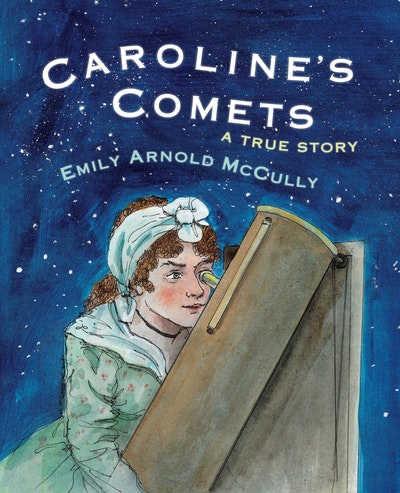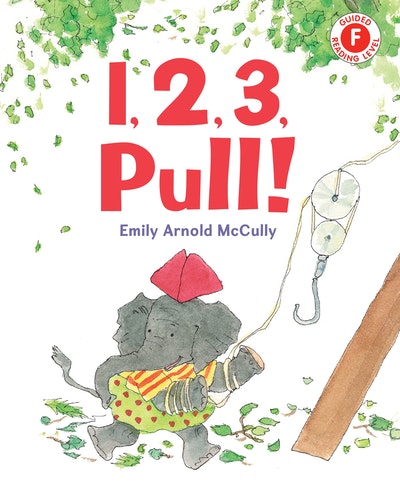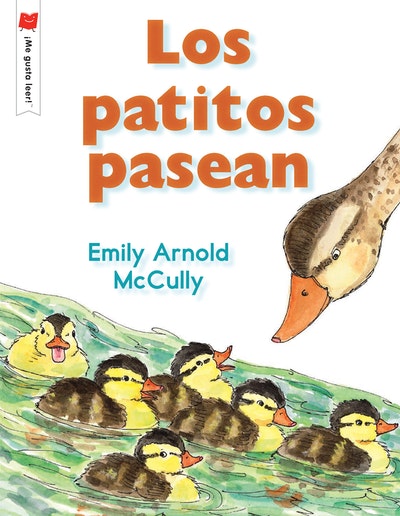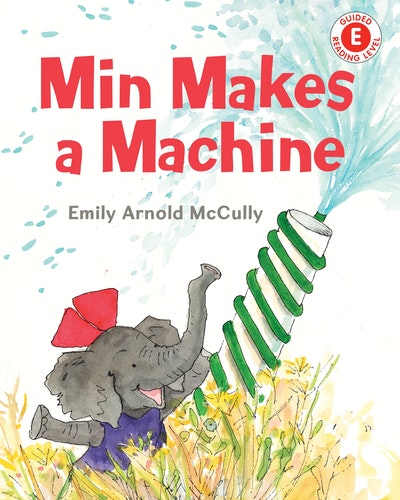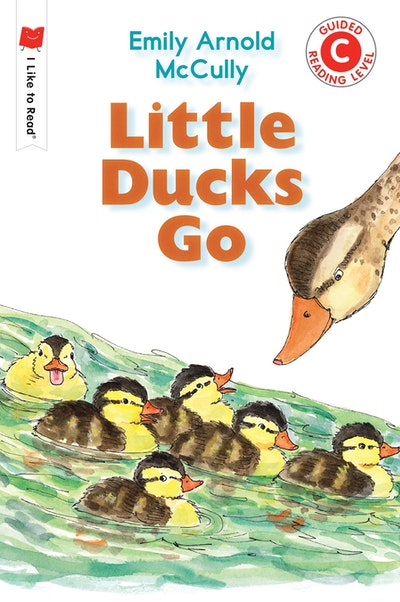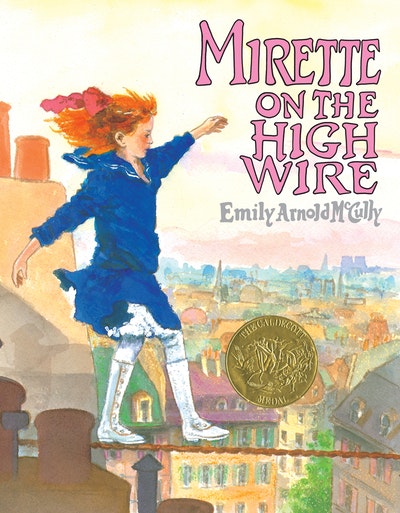- Published: 23 June 2020
- ISBN: 9780823446766
- Imprint: Holiday House
- Format: Paperback
- Pages: 40
- RRP: $19.99
Caroline's Comets
A True Story
Buy from…
- Published: 23 June 2020
- ISBN: 9780823446766
- Imprint: Holiday House
- Format: Paperback
- Pages: 40
- RRP: $19.99
★ "The concise text includes well-chosen details and quotes that help create a multifaceted personality on the page, while letting young readers know how limited the options were for an eighteenth-century woman and how close Herschel came to living her life in obscurity, knitting socks and scrubbing pans. The appealing illustrations—pen-and-ink drawings with watercolor washes—bring the historical settings to life. An engaging introduction to a notable woman in astronomy."—Booklist, Starred Review "An inspiring tale of scientific discovery despite obstacles, with a feminist point of view."—Kirkus Reviews
